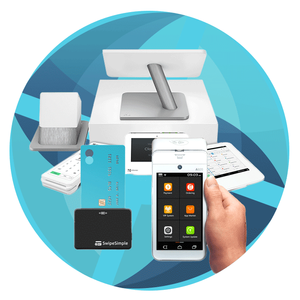Welcome to the Talus blog! Keep up to date with what we're doing and absorb some useful information to help you grow.
Save on Processing Costs with Talus Pay Advantage
What is Dual Pricing or Cash Discounting? What are these programs? Are they compliant? Is it right for my business? Here’s a 2-minute video to answer those questions.
What is Level 2 and 3 Processing?
What is Level 2 and 3 processing and is it right for your B2B business? Find out more in this short video.

What Are Omni-Channel Payments?
The explosion of mobile wallets, peer-to-peer (P2P) apps, and virtual cards, along with the plethora of new point-of-sale and money transferring services has given rise to a new term: “omni-channel payments.” Omni-channel payments refers to the ability of consumers to purchase goods and services through a variety of different methods and technologies. How money is managed, stored, and transferred is changing rapidly, and businesses need to be ready to accommodate consumer payment diversity while keeping cardholder data secure.
There is no one size fits all solution for businesses these days. Depending on your industry, product, and customer profile, you may require multiple ways of accepting payments, including:
- EMV “chip” enabled countertop terminals
- NFC or “contactless” technology to support digital wallets (like Apple Pay)
- Smartphones / mobile tablets with attached card readers
- Web payments
- Recurring or subscription billing
- Keyed transactions for phone or mail orders
- Invoicing with links to secure payment forms
- ACH / check processing
In addition, there are other technologies on the horizon (P2P apps, cryptocurrencies, etc) seeking to fundamentally alter the existing payments ecosystem.
When selecting a payment solution provider, businesses should be on the lookout for a company that offers these channels and can tailor a payment processing solution to meet each business’s specific needs, while keeping costs minimized. Setting up multiple merchant accounts through various processors is both expensive and unnecessary. Businesses should also keep in mind that as they grow, their needs may evolve. You don’t want to be stuck with a payment acceptance solution that is not flexible enough to grow with you. Finally, a quality payment solution provider should help businesses comply with federal regulations including PCI compliance, provide strategies to reduce fraud, offer technical and reconciliation support, and keep clients up to date on changes in the marketplace.




